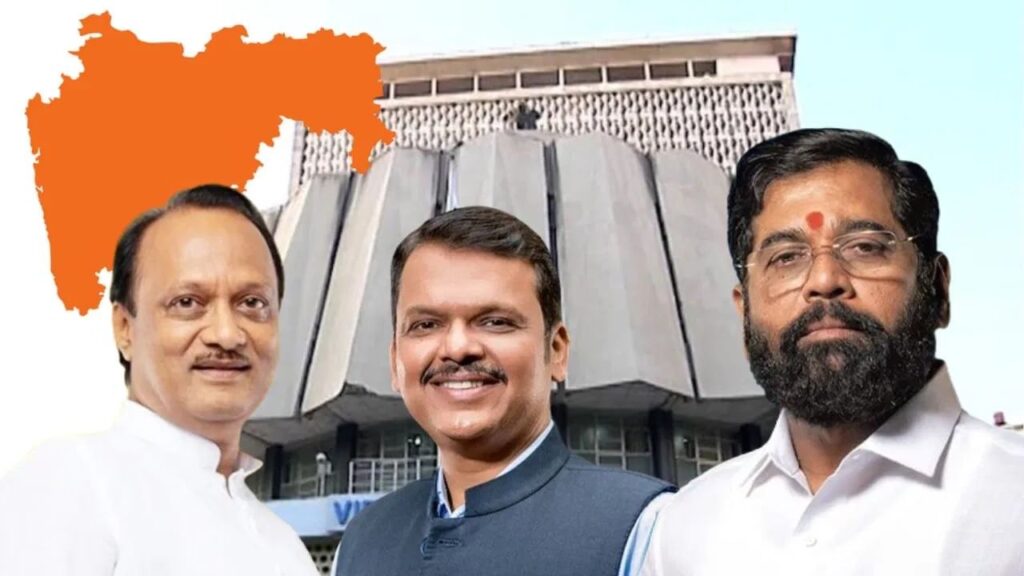The Maharashtra government has recently approved the Unified Pension Scheme (UPS), a significant step amidst ongoing debates regarding pension systems for government employees across the country. Staff members have been advocating for the restoration of the Old Pension Scheme (OPS) as a response to the challenges posed by the National Pension System (NPS). This issue has become a substantial political topic, particularly with elections approaching. As such, the Maharashtra government has expedited the implementation of UPS, set to take effect from April 1, 2025. However, concerns arise regarding the potential adverse effects this scheme may have on the reservation systems for backward classes in the state.
Understanding the Unified Pension Scheme (UPS)
The introduction of UPS marks an attempt by the central government to bridge the gap between the OPS and NPS. Three significant modifications have been made under this scheme:
- Assured Pension
- Assured Family Pension
- Assured Minimum Pension
While these features appear beneficial, certain conditions may disadvantage employees from backward classes, especially in Maharashtra, where around 1.3 million government workers are expected to be impacted.
Eligibility Criteria for Assured Pension
To qualify for the assured pension, employees must complete a minimum of 25 years in government service. Individuals will receive a pension equivalent to 50% of their average basic salary over the last 12 months. Additionally, a minimum pension of ₹10,000 is guaranteed but comes with a requirement of at least 10 years of service.
Comparing UPS with NPS and OPS
In terms of benefits, the UPS offers a more favorable scenario compared to the NPS. The latter does not guarantee fixed pensions, nor does it consider family pensions, and lacks minimum pension assurances. Even though the UPS was introduced, the demand for reinstating the OPS is likely to persist among government employees.
Under OPS, employees receive a pension equal to 50% of their last month’s salary rather than the average of the last twelve months. Furthermore, OPS does not impose a 25-year service requirement, allowing employees who receive promotions towards the end of their careers to benefit from a higher last salary calculation for their pensions—a provision not available in the UPS.
The Potential Impact on Reservations for Backward Classes
One critical issue with UPS arises from its stipulated requirement of 25 years of service to attain assured pension benefits. This condition may create disadvantages for employees from backward classes, particularly Scheduled Castes (SC) and Scheduled Tribes (ST). In the context of Maharashtra, both backward and general categories could face challenges under the new pension scheme.
Maharashtra mirrors the central government’s average retirement age of 60 years. For any employee to avail the assured pension under UPS, they must secure employment by the age of 35. Otherwise, their pension will be adjusted according to the remaining years of service.
Age Limits for Competitive Exams in Maharashtra
When considering jobs through the Maharashtra Public Service Commission, the maximum age limit for general category applicants is 38 years, while it is 43 years for Other Backward Classes (OBC), SC, and ST candidates. Consequently, if an individual joins a job at the last attempt, they may not fulfill the 25-year service requirement, thereby losing eligibility for the assured pension.
| Criteria | UPS | NPS | OPS |
|---|---|---|---|
| Assured Pension | Yes | No | Yes |
| Minimum Service Requirement | 25 years | No | No |
| Pension Calculation | 50% of last 12 months’ average | Variable | 50% of last month’s salary |
| Minimum Pension Amount | ₹10,000 | No | No guarantee |
Conclusion
While the introduction of the Unified Pension Scheme aims to address the concerns of government employees and offer a more structured pension system, it raises important questions regarding its fairness and implications for backward class reservations in Maharashtra. Employees, particularly from economically disadvantaged backgrounds, must navigate this new landscape with awareness of the potential impacts on their pension benefits. Continuous dialogue and advocacy will be crucial in ensuring that the needs of all categories of employees are met effectively.
